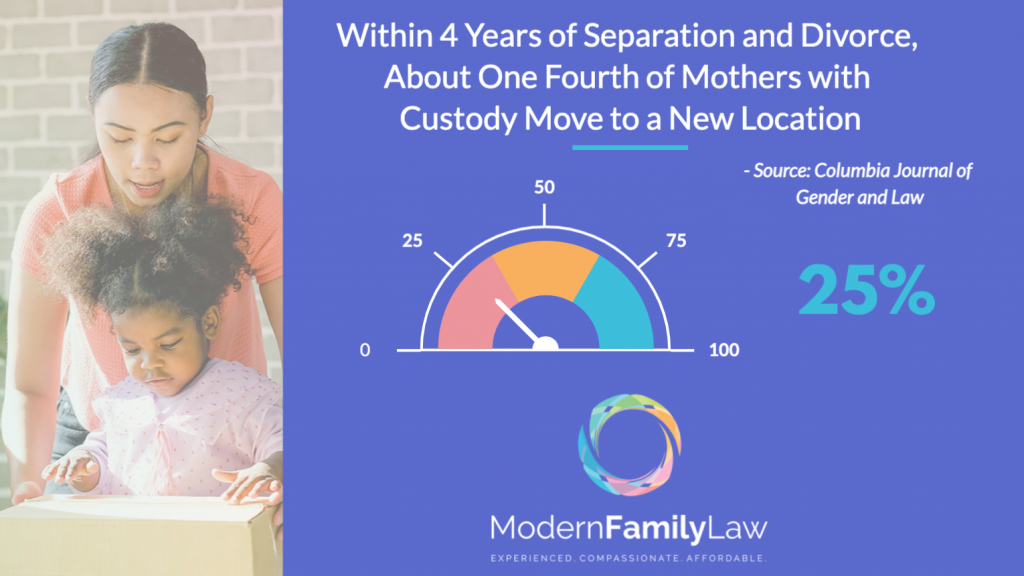Legal Arguments & Strategies
In move-away cases, presenting compelling legal arguments and employing effective strategies can significantly impact the outcome. Here are key considerations and approaches to help parents navigate this complex process:
1. Supporting The Child’s Best Interest: Emphasize how the proposed move serves the child’s best interest. Present evidence showcasing the positive aspects of the new location, such as better educational opportunities, a safer environment, or closer proximity to extended family support.
2. Maintaining The Non-Moving Parent’s Relationship: Highlight the non-moving parent’s commitment and ability to maintain a strong and meaningful relationship with the child despite the distance. Demonstrate a feasible and practical plan for visitation, including proposed schedules, communication methods, and the willingness to facilitate continued involvement in the child’s life.
3. Showcasing Stability & Consistency: Demonstrate that the proposed move will provide the child with stability and consistency in their daily life. Highlight factors such as secure housing, access to essential services, familiar surroundings, and a supportive community network that will contribute to their overall well-being.
4. Addressing Potential Challenges: Anticipate and address any potential challenges or concerns raised by the non-moving parent or the court. Offer viable solutions and alternative arrangements that mitigate these concerns, showing a willingness to adapt and make necessary accommodations to ensure the child’s welfare.
5. Presenting A Co-Parenting Plan: Develop a comprehensive co-parenting plan that outlines how both parents will collaborate and share responsibilities despite the geographical distance. This plan should include details on decision-making processes, communication protocols, visitation schedules, and methods to foster a sense of connection between the child and the non-moving parent.
6. Engaging Expert Testimony: Consider seeking expert opinions to bolster your case. Expert testimony from professionals such as psychologists, child development specialists, or educational consultants can provide valuable insights and strengthen arguments regarding the child’s best interest.
7. Demonstrating Good Faith and Cooperation: Maintain a cooperative and respectful attitude throughout the legal proceedings. Show a genuine willingness to work with the other parent, the court, and any appointed professionals involved. Acting in good faith can positively influence the court’s perception of your dedication to the child’s well-being.
8. Seeking Legal Representation: Engaging an experienced family law attorney who specializes in move-away cases is essential. They can provide knowledgeable guidance, help craft persuasive legal arguments, navigate complex procedures, and advocate for your rights and the best interest of your child.






